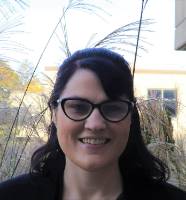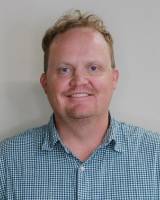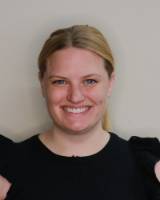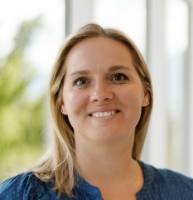Will Clinical Mental Health Counseling (CMHC) meet the educational requirements for the professional credential in the state or US territory you might choose to live during or after completing your UVU degree? Visit the UVU Professional Licensure website to learn more!
The program is designed to take four long semesters and two summers.
If students do not complete their 100 clinical hours in practicum (CMHC 671R) they will need to register for, and attend this course until they complete their 100 hours, or until the end of the semester, whichever comes last.
If students do not accrue the 600 clinical hours required to graduate, they will need to continue to register for, and attend, the CMHC 689R until they finish.
Tuition can change from year to year. Below are costs for the academic year 2024-2025.
$1,323 per 3 credit-hour class for in-state tuition
$26,460 total for the degree
A breakdown of tuition and fees can be found here.
Financial Aid and Scholarships are also available. Contact Financial Aid here.
The program will typically admit at least 24 students per year. Cohorts start in August each year and proceed through the program together.
Classes are held in three formats:
The face-to-face and hybrid sections will be taught in the late afternoon and early evening to accommodate students employed and further the likelihood of successful practicum and internship placement.
Given that the university requires a minimum of 9 credit hours per long semester, it is not possible to attend part-time. Students will need to follow the 2-year program as specified with the rest of their cohort.
Our curriculum is designed to meet DOPL requirements for application for licensure in the State of Utah. In addition, the CMHC Master’s program prepares students for their licensing exam (National Counselor Examination for Licensure and Certification). Also, the program is seeking to obtain accreditation from the Council for Counseling and Related Educational Programs (CACREP) which will facilitate the transferability of licenses for students in the licensure process. In total, this program ensures that students receive quality training which prepares them for their licensing exam and also provide students an in-house supervised practical experience with the clinical faculty.
The UVU CMHC program has relationships with many local practicum sites. Students should work closely with the Director of Clinical Education to determine if one of these sites would be a good fit. Any student who wishes to work at a site that is not approved by the UVU CMHC program should seek approval from the Director of Clinical Education prior to providing services at that site.
The program will qualify to begin the application process for accreditation after the first cohort graduates in 2023.



Dr. Carrie Merino, PhD Dr. Russ Bailey, PhD Dr. Jamison Law, PhD
Program Director, Associate Professor Associate Professor Assistant Professor


Dr. Paige Lowe, PhD Ashley Hansen, M.S.
Assistant Professor CMHC Program Manager